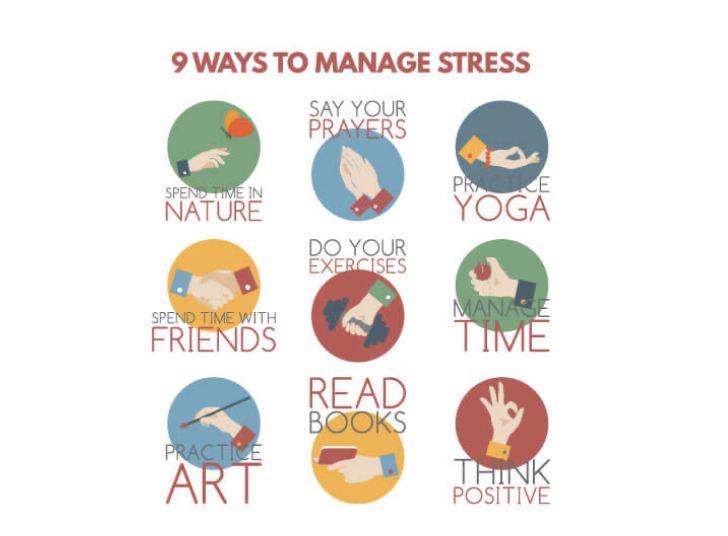
Coping can be defined as the efforts we make to manage situations we have appraised as potentially harmful or stressful. Those who cope best are those with a battery of coping strategies who are flexible in gearing their responses to a situation. Copers generally have a positive outlook and use their skills to seek the best possible outcome. Copers are not passive and helpless. They look for ways to take control of their lives.
To be a coper means to have skills in:
• Stress management
• Time management
• Problem-solving
• Decision-making
• Life-style management
Another way we can improve our coping mechanisms is to improve or enhance our resilience. According to the American Psychological Association (APA), resilience is the process of adapting well in the face of adversity, trauma, threats or other significant sources of stress. Providing care for a loved one over a long period of time or working as a professional caregiver in today’s demanding environment can be a significant source of stress. Resilience is not something we are born with; but it is something that everyone can learn and develop.
According to the APA, a combination of factors contributes to resilience, but the most important factor is having caring and supportive relationships that create love and trust. Other factors associated with resilience are:
• The capacity to make and carry out realistic plans
• A positive view of yourself
• Confidence in your strengths and abilities
• Communication and problem-solving skills
• Capacity to manage strong impulses and feelings
The APA suggests 10 strategies to build resilience:
1. Make connections. Maintain good relationships with close family members and friends; accept help and support from those who care about you; be active in civic, faith-based or other local organizations; assist others in their time of need.
2. Avoid seeing crises as insurmountable problems. Try to look beyond the present to how future circumstance may be better. Note any subtle ways in which you may already be feeling better as you deal with difficult circumstances.
3. Accept that change is part of living. Try to increase your flexibility and understand that some goals may no longer be attainable. Learning to accept circumstances that cannot be changed may help you focus your attention on circumstances you can change.
4. Move toward your goal. Develop realistic goals and break them into small, achievable goals. Try to accomplish at least a small amount if progress toward your goal(s) each day.
5. Take decisive actions. Act on adverse situations as much and as soon as you can. Take action rather than detaching from problems and wishing they would go away.
6. Look for opportunities for self-discovery. Evaluate and re-frame your adverse situations and examine ways in which you have grown through the process of dealing with them. May people who have experienced tragedies and intense personal hardships have reported better relationships, greater sense of self strength, increased self-worth, a more developed spirituality, and a heightened appreciation for life.
7. Nurture a positive view of yourself. Develop confidence in your ability to solve problems and trust your own instincts.
8. Keep things in perspective. Try to consider your stressful situations in a broader context and keep a long-term perspective. Try to avoid blowing unpleasant events out of proportion.
9. Maintain a hopeful outlook. Try visualizing what you want rather than worrying about what you fear. An optimistic outlook allows you to expect good things to happen in life.
10. Take care of yourself. Pay attention to your own needs and feelings. Participate in activities that you find enjoyable and relaxing, such as exercise, entertainment and hobbies.
